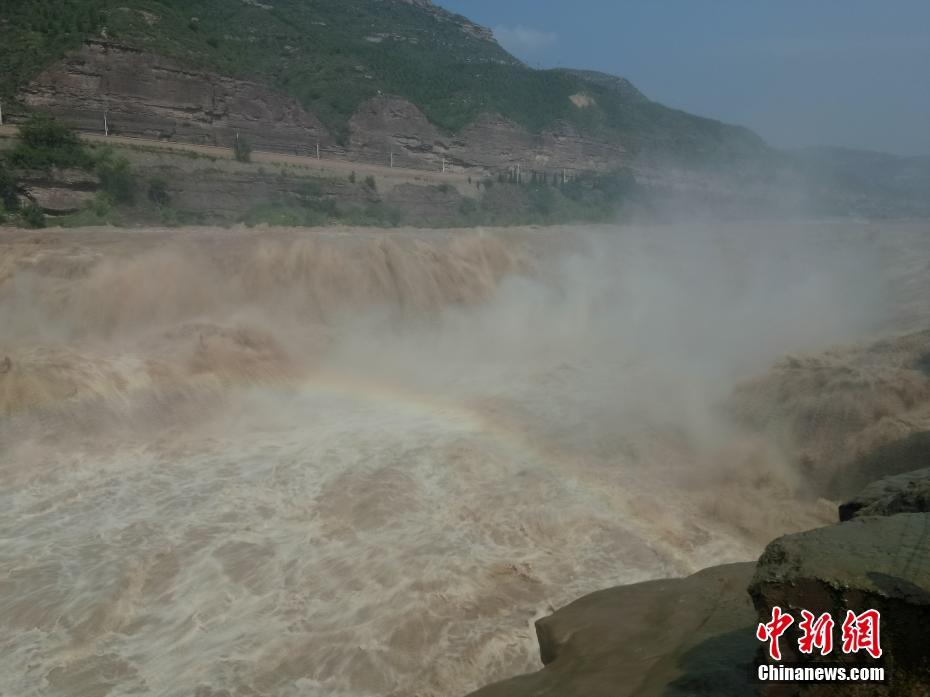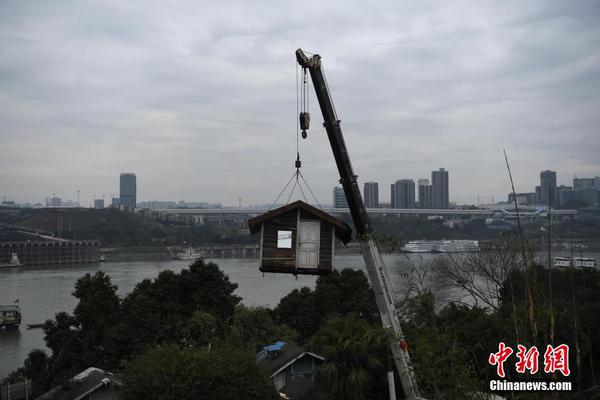In a victory for environmentalists,Three Female Ghosts oil giant BP announced Tuesday it would not proceed with its plans to drill in the Great Australian Bight.
It was a significant reversal for the company, which had once suggested the region could become an oil field to rival the Gulf of Mexico, the Guardianreported.
"That territory could be something like the Niger Delta or Mississippi Delta, so it's of interest to the world, not just Australia and BP," head of BP Australia Andy Holmes told the Australianin 2014.
The Great Australian Bight is located off the south coast of Australia. It's home to threatened species such as the Australian sea lion and blue whale as well as industries such as tourism and fishing that rely on a pristine marine environment.
BP was awarded exploration licences for the region in 2011.
BP claimed the backdown was decided for business reasons. "We have looked long and hard at our exploration plans for the Great Australian Bight but, in the current external environment, we will only pursue frontier exploration opportunities if they are competitive and aligned to our strategic goals," Claire Fitzpatrick, BP's Managing Director for Exploration and Production in Australia, said in a statement.
"After extensive and careful consideration, this has proven not to be the case for our project to explore in the Bight."
Australian Greens Senator Sarah Hanson-Young, who had been outspoken against the project, greeted the news on Twitter.
This Tweet is currently unavailable. It might be loading or has been removed.
This Tweet is currently unavailable. It might be loading or has been removed.
According to the Guardian, Australia's offshore oil regulator, the National Offshore Petroleum Safety and Environmental Management Authority (NOPSEMA), had made requests for more detail about BP's plans in the Bight in recent months.
NOPSEMA said in a statement Tuesday the environmental plans submitted by BP remained under assessment: "NOPSEMA has not received a withdrawal request."
In a statement, Wilderness Society national director Lyndon Schneiders suggested BP's failure to satisfy NOPSEMA should be a warning to other companies hoping to drill in the area.
"This decision shows that it's too expensive to establish the significant and costly risk management and clean up capacity infrastructure needed to protect our communities from the enormous spill risks," he said. "We call on these companies to follow BP’s lead and leave the Bight, and the communities surrounding the Bight, in peace."
Modelling commissioned by the Wilderness Society, as well as BP itself, suggested oil from a spill would reach the coast.
The Australian Youth Climate Coalition (AYCC), which had been a part of protests against BP's project, welcomed the news Tuesday.
"This was the biggest new proposed fossil fuel project in the country, if it went ahead it would fuel dangerous global warming and risk a safe climate," Amy Gordon, AYCC national campaigner, told Mashablein an email.
"International oil companies, Chevron and Statoil still have plans to drill for oil in the Bight, but they should look to BP who cited the fact the lack of financial value in the project as the main reason they were walking away," she added. "Drilling in the Great Australian Bight is too expensive for oil companies and is too expensive for our climate."
The AYCC also called for Prime Minister Turnbull to ban all oil drilling in the Great Australian Bight.
 Original image has been replaced. Credit: Mashable
Original image has been replaced. Credit: Mashable Karoon Gas Australia is one of a number of companies that have also been approved to drill in the region, the Guardianreported.
On Friday, it announced it had been granted a permit to explore 17,793 square kilometres of the Great Australian Bight, or what it called "Australia's most active and prospective frontier oil exploration province."
"Karoon recognizes the GAB is a pristine wilderness and an iconic Australian coastline with significant environmental and commercial fishing sensitivities. The eastern portion of the Permit includes a Commonwealth marine reserve running through it," Karoon acknowledged in its statement.
"The Great Australian Bight waters are deeper, more treacherous and more remote than the Gulf of Mexico, where BP was responsible for 800 million litres of oil spewing into the Gulf for 87 days in 2010," Wilderness Society South Australia director Peter Owen added.
"It’s time to end the dangerous fiasco of oil and gas exploration in the Great Australian Bight."
Karoon has been approached by Mashablefor comment.
(Editor: {typename type="name"/})
 Best Sony headphones deal: Over $100 off Sony XM5 headphones
Best Sony headphones deal: Over $100 off Sony XM5 headphones
 Global warming is screwing over polar bears even more than we thought
Global warming is screwing over polar bears even more than we thought
 Elon Musk's Tesla Roadster will overshoot Mars
Elon Musk's Tesla Roadster will overshoot Mars
 Bill Nye is attending the State of the Union, and people aren't happy
Bill Nye is attending the State of the Union, and people aren't happy
 Whale Vomit Episode 5: Startup Monarchy
Whale Vomit Episode 5: Startup Monarchy
 Bread and Circuses
...[Details]
Bread and Circuses
...[Details]
Best Amazon Spring Sale 2024 printer deals: Get an HP all
 Refresh your home or office space this spring and bring home a new, hassle-free printer, courtesy of
...[Details]
Refresh your home or office space this spring and bring home a new, hassle-free printer, courtesy of
...[Details]
National Park Service advisory board members resign in protest
 Nearly all the members of the U.S. National Park Service advisory board announced their sudden resig
...[Details]
Nearly all the members of the U.S. National Park Service advisory board announced their sudden resig
...[Details]
EPA's leader is open to reconsidering crucial climate assessment
 Scott Pruitt, the administrator of the Environmental Protection Agency (EPA), signaled in testimony
...[Details]
Scott Pruitt, the administrator of the Environmental Protection Agency (EPA), signaled in testimony
...[Details]
Watch how an old Venus spacecraft tumbled before crashing to Earth
 Before a Soviet-era spacecraft intended for Venuscrashed back to Earth over the weekend, German astr
...[Details]
Before a Soviet-era spacecraft intended for Venuscrashed back to Earth over the weekend, German astr
...[Details]
Two Falcon Heavy SpaceX rocket boosters land back on Earth
 After SpaceX successfully blasted its Falcon Heavy mega-rocket into outer space today, two of the ro
...[Details]
After SpaceX successfully blasted its Falcon Heavy mega-rocket into outer space today, two of the ro
...[Details]
National Park Service advisory board members resign in protest
 Nearly all the members of the U.S. National Park Service advisory board announced their sudden resig
...[Details]
Nearly all the members of the U.S. National Park Service advisory board announced their sudden resig
...[Details]
Boeing CEO Dave Calhoun will resign amid mountain of controversy
 Things are going incredibly poorly for Boeing these days. The company's reputation is so bad people
...[Details]
Things are going incredibly poorly for Boeing these days. The company's reputation is so bad people
...[Details]
Turtle Beach Recon 50P gaming headset deal: 28% off
 SAVE 28%: As of April 30, you can get a Turtle Beach Recon 50P wired gaming headset for $17.99, down
...[Details]
SAVE 28%: As of April 30, you can get a Turtle Beach Recon 50P wired gaming headset for $17.99, down
...[Details]
Here’s what happens to NASA during a government shutdown
 The looming government shutdown could extend its gloomy reach to space. If the federal government sh
...[Details]
The looming government shutdown could extend its gloomy reach to space. If the federal government sh
...[Details]
I'm a college professor. My advice to young people who feel hooked on tech

Here's how the SpaceX Falcon Heavy rocket stacks up to its competition

接受PR>=1、BR>=1,流量相当,内容相关类链接。